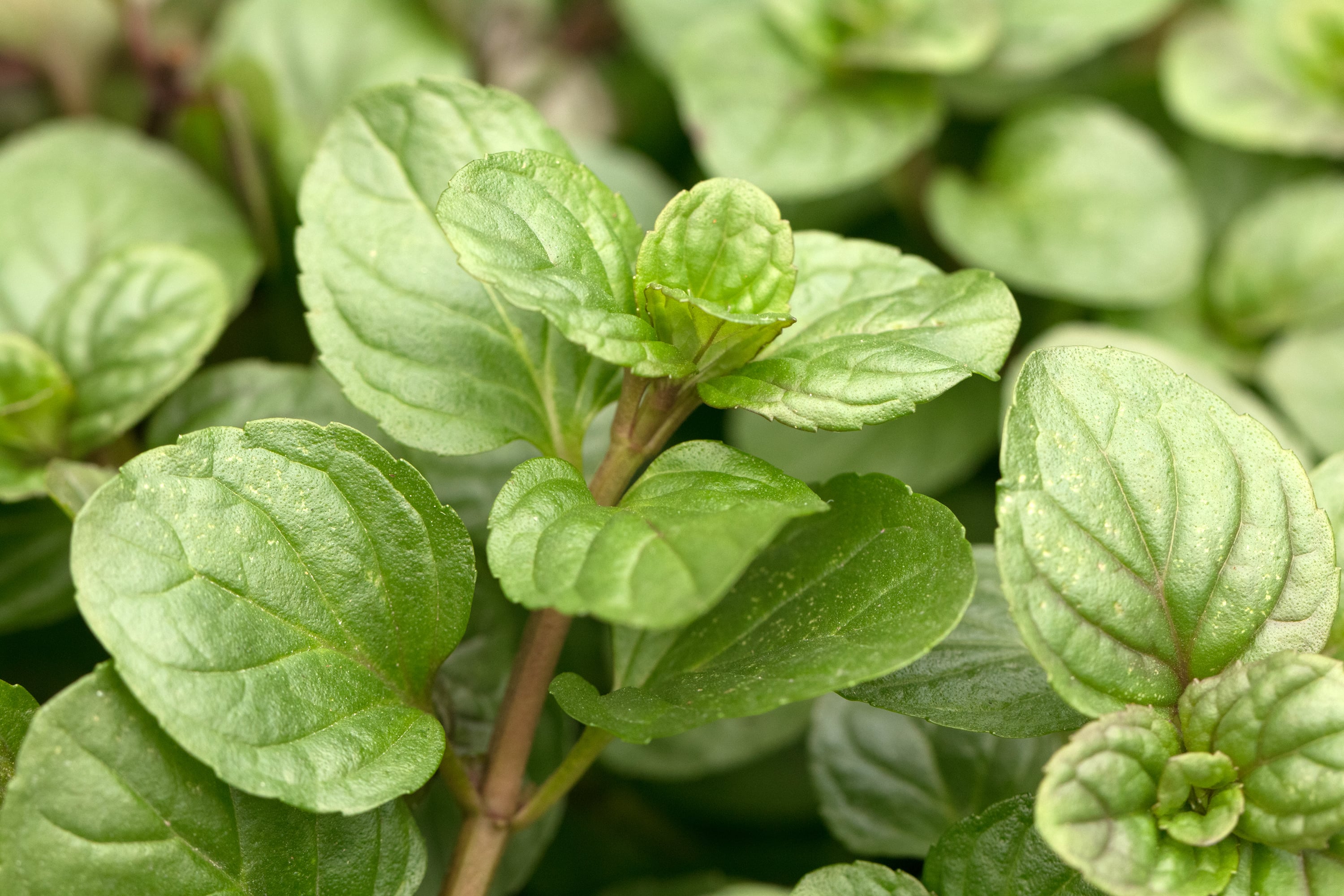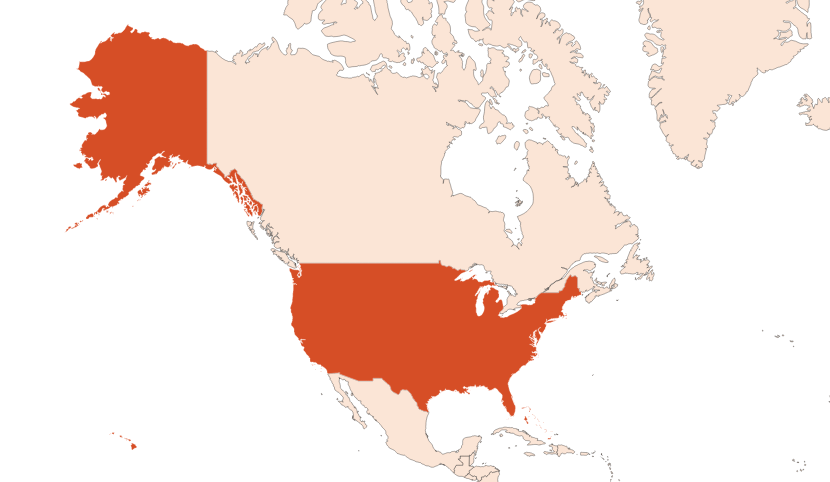Bergamot Mint EO
Naturelle
Herbal > Minty > Icy > Zesty > Rosy

Crédits photo: ScenTree SAS
Latin name :
Mentha citrata
Botanical profile :
Mint is a perennial herbaceous plant belonging to the Lamiaceae family and the genus Mentha.
Geographic origin :
Bergamot mint is the only variety of water mint cultivated in the USA.
Chemotypes :
There are more than 30 varieties of mint, all of which grow in the temperate and subtropical regions of the globe.
In perfumery, it is possible to find several of these varieties that can be grouped according to their major components:
The Carvone mints: Spearmint EO (Mentha spicata), horse mint EO (Mentha longifolia).
The Menthol mints: Peppermint EO (Mentha piperita), Corn Mint EO (Mentha arvensis).
The Pulegone mints: Pennyroyal EO (Mentha pulegium).
The Linalool mints: Bergamot Mint EO (Mentha citrata), also called ''Eau de cologne mint ''.
Bergamot Mint EO is distinguished by its more zesty smell, close to Eucalyptus EO and Lemongrass EO. Mint is one of the easiest plants to hybridize: you only need to plant two mint plants side by side to see a new variety appear.
In perfumery, it is possible to find several of these varieties that can be grouped according to their major components:
The Carvone mints: Spearmint EO (Mentha spicata), horse mint EO (Mentha longifolia).
The Menthol mints: Peppermint EO (Mentha piperita), Corn Mint EO (Mentha arvensis).
The Pulegone mints: Pennyroyal EO (Mentha pulegium).
The Linalool mints: Bergamot Mint EO (Mentha citrata), also called ''Eau de cologne mint ''.
Bergamot Mint EO is distinguished by its more zesty smell, close to Eucalyptus EO and Lemongrass EO. Mint is one of the easiest plants to hybridize: you only need to plant two mint plants side by side to see a new variety appear.
Extraction process :
Mint gets its essential oil from its leaves. The mint fields contain thousands of plants, which can also be experimented with, by crossing two species of mint to easily obtain a new one. Before cultivation, strong drainage is necessary, under sunny weather. During cultivation, it is usually possible to harvest two crops from each plant. The plants are mowed just before flowering and then dried for 2 to 4 hours. The essential oil is extracted by steam distillation for about 2 hours. It is recovered at the outlet of the condenser by decanting in a florentine flask.
Major Components :
Linalyl Acetate (57-63%)
Linalool (22-25%)
Alpha-Terpineol (≈2%)
Eucalyptol (≈2%)
Linalool Oxide (≈2%)
Linalool (22-25%)
Alpha-Terpineol (≈2%)
Eucalyptol (≈2%)
Linalool Oxide (≈2%)
- Uses in perfumery :
- Bergamot mint is used in perfumery to bring a fresh and floral note, not so minty. It brings a delicate aromatic note.
- Other comments :
- Bergamot mint is also called ''Eau de Cologne '' mint because it contains a high dose of Linalyl Acetate, one of the main component of Bergamot EO.
The real Latin name of the Mentha citrata should be Mentha aquatica var. citrata, because it is a variety of aquatic mint. The classic variety was originally used to make peppermint (Peppermint EO), by crossing with Spearmint (Spearmint EO). - Volatility :
- Head
- Appearance :
- Colorless liquid
- Stability :
- Linalyl Acetate found in this essential oil may form acetic acid.
Terpenes found in this essential oil my polymeriez under high oxydation. - Price Range :
- €€
- Aromatherapy :
Informations provided below are taken from reference works in aromatherapy. They are given for information purposes only and can not constitute medical information, nor engage the responsibility of ScenTree.
Bergamot mint has tonic, male sexual tonic, antispasmodic and anti-inflammatory properties. It is very indicated in cases of nervous fatigue, male sexual asthenia and spasmodic enterocolitis (deregulation of motor skills and sensitivity of the colon).

Crédits photo: ScenTree SAS
- EINECS number :
- 285-378-7
- FEMA number :
- Donnée indisponible.
- Allergens :
- Linalool
- IFRA :
- This ingredient is restricted by IFRA
- Annexe I :
- Some regulated synthetic ingredients are found in nature and in certain proportions in natural ingredients. This presence in nature has to be taken into account when calculating limits of use recommended by the IFRA. In case you do not know these concentrations, you can use the ones estimated by the IFRA. Here they are :
- Annexe I :
- Some regulated synthetic ingredients are found in nature and in certain proportions in natural ingredients. This presence in nature has to be taken into account when calculating limits of use recommended by the IFRA. In case you do not know these concentrations, you can use the ones estimated by the IFRA. Here they are :
| List of regulated compounds contained in this ingredient | ||
|---|---|---|
| Regulated ingredient name | CAS N° | Estimated Concentration |
| 1-Octen-3-yl acetate | 2442-10-6 | 0,5 |
| List of regulated compounds contained in this ingredient | ||
|---|---|---|
| Regulated ingredient name | CAS N° | Estimated Concentration |
| 1-Octen-3-yl acetate | 2442-10-6 | 0,5 |
To learn more about IFRA's standards : https://ifrafragrance.org/safe-use/library
ScenTree is solely responsible for the information provided here.

